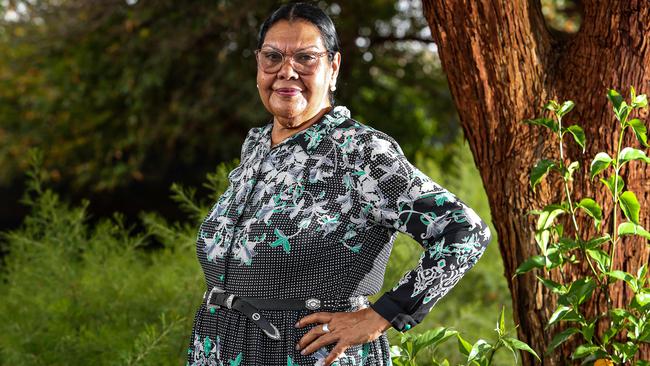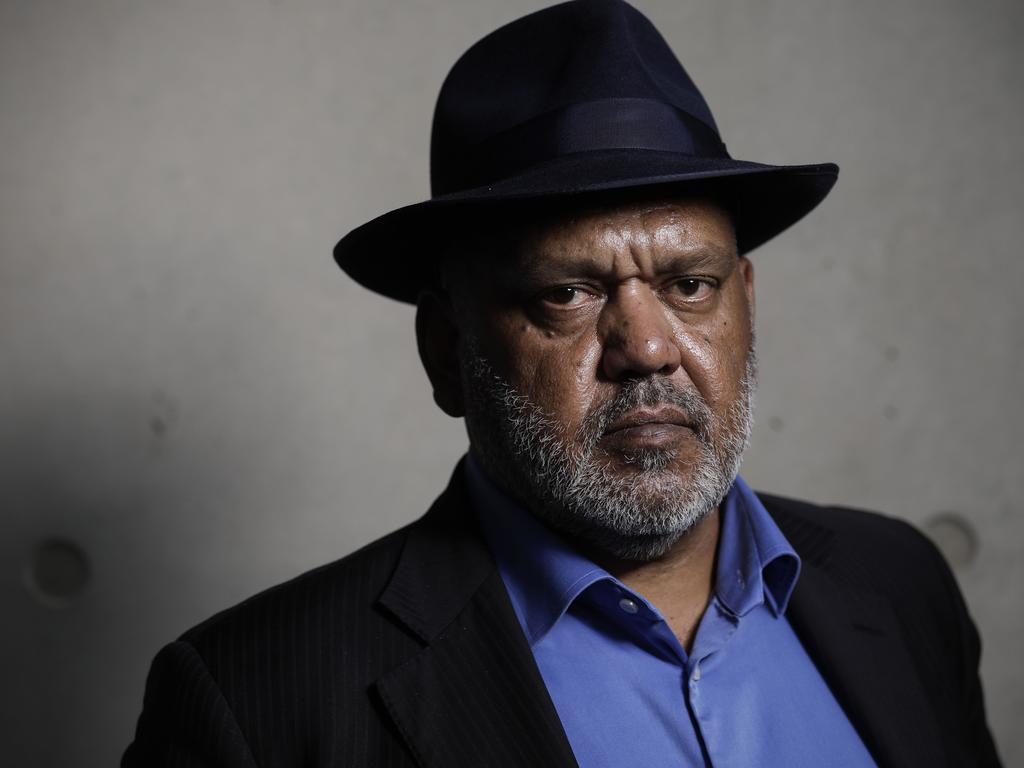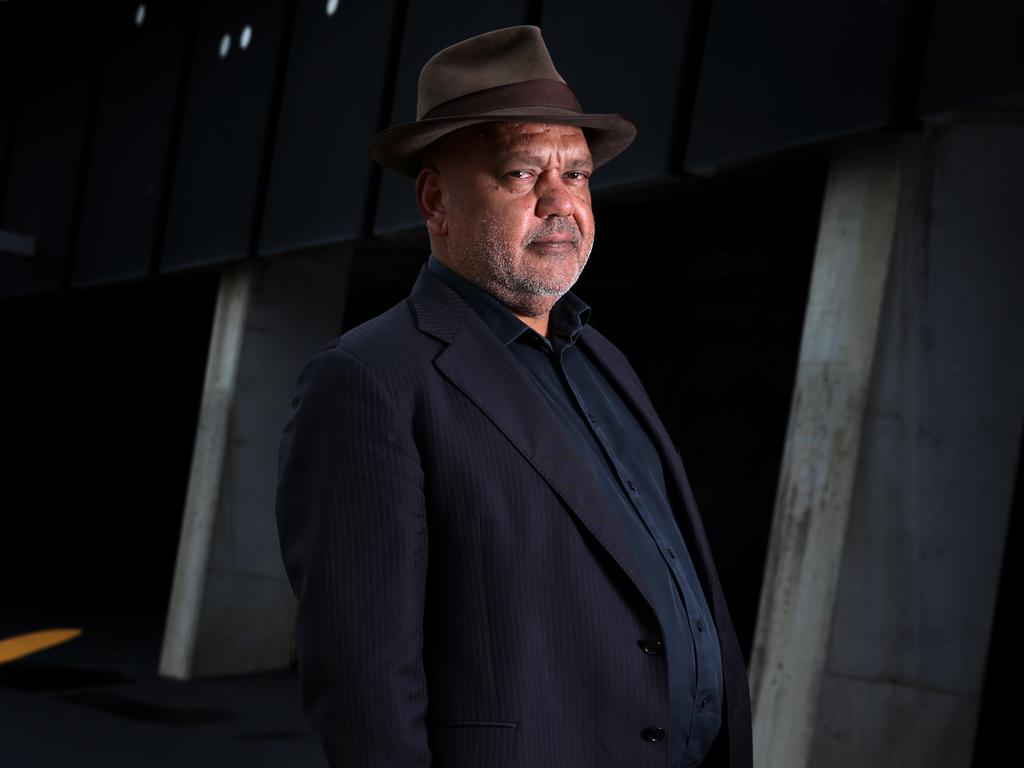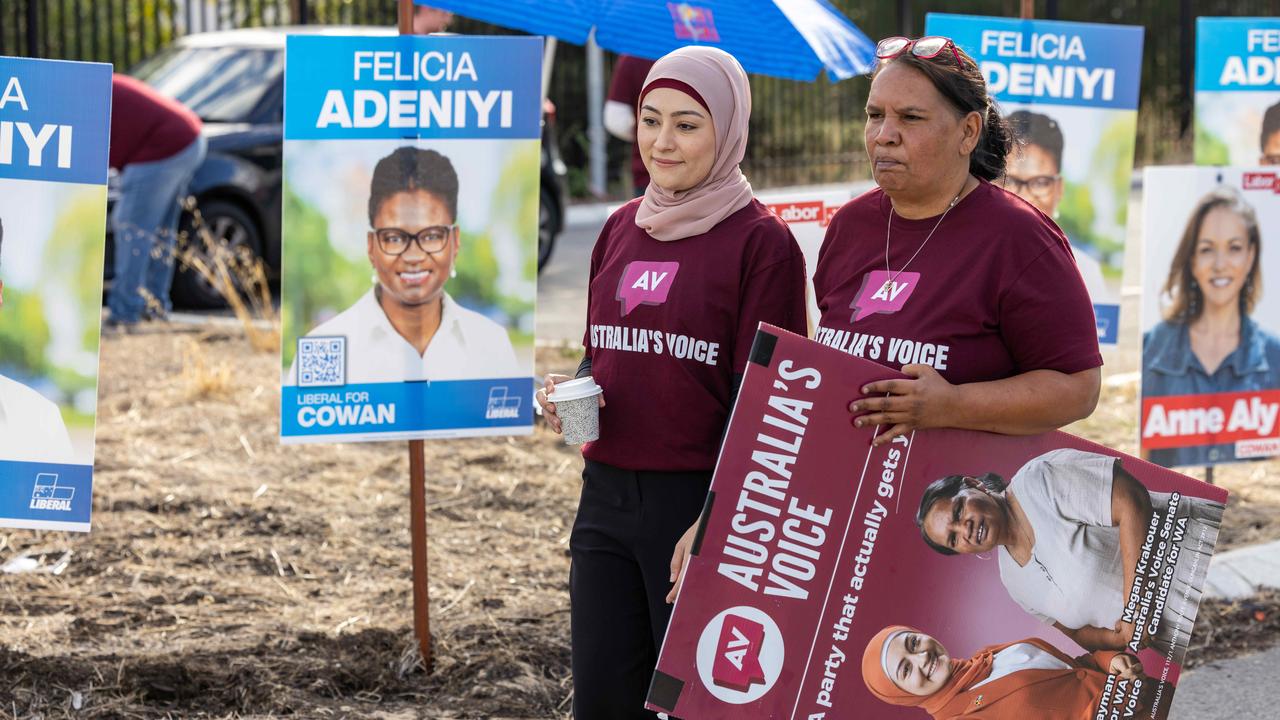Voice in Constitution ‘key to Indigenous health equality’
A national campaign to prevent needless deaths of Aboriginal and Torres Strait Islander people has rated a constitutionally enshrined Indigenous voice as the most important next step.

A national campaign to prevent needless deaths of Aboriginal and Torres Strait Islander people has rated a constitutionally enshrined Indigenous voice as the most important next step.
The Close the Gap campaign, which exists to raise awareness of the need to improve the health and wellbeing of Indigenous Australians, will on Thursday publish a report citing an Indigenous voice in the Constitution as the first of seven priorities for “health equality”.
The report cites examples of Aboriginal and Torres Straight Islander communities’ successes when they are involved in decisions affecting them. This includes the swift and highly competent response of Indigenous communities that worked side by side with government during the pandemic, and now work with government to vaccinate vulnerable Indigenous people who carry what health workers call a heavy disease burden.
This partnership between government and community-controlled Aboriginal health organisations has repeatedly been held up as an example of how an Indigenous voice could work.
Scott Morrison is committed to an Indigenous voice “because if we are going to change the lives of Aboriginal and Torres Strait Islander peoples on the ground, we need their buy-in to the matters and policies that affect them”.
“We perpetuated an ingrained way of thinking, passed down over two centuries and more, and it was the belief that we knew better than our Indigenous peoples,” the Prime Minister said when unveiling a new approach to Closing the Gap in February 2020.
“We don’t. We also thought we understood their problems better than they did. We don’t. They live them.”
The Morrison government has not committed to take Australians to a referendum on whether the voice should get constitutional protection.
The campaign has similar aims but is separate from the new national agreement on Closing the Gap, a decade-long partnership between Indigenous organisations and commonwealth, local, state and territory governments. Under the new agreement signed in July 2020, Indigenous organisations and the three tiers of government will all be held responsible for successes and failures. The new Closing the Gap agreement is considered fundamentally different from the one it replaced because it requires states and territories to work with community-controlled Indigenous health organisations to make decisions and deliver programs that work.
The Close the Gap campaign is co-chaired by Australia’s Aboriginal and Torres Strait Islander Social Justice Commissioner June Oscar, a Bunuba woman from the Kimberley region of Western Australia, and Karl Briscoe, a Kuku Yalanji man from far north Queensland. It focuses on the strengths of Indigenous communities and their triumphs, rather than on what it calls “deficits”.
The report to be published Thursday states that “community-driven responses work best to deliver health and wellbeing for the unique cultural, geographic and socio-economic needs of Aboriginal and Torres Strait Islander communities”.






To join the conversation, please log in. Don't have an account? Register
Join the conversation, you are commenting as Logout